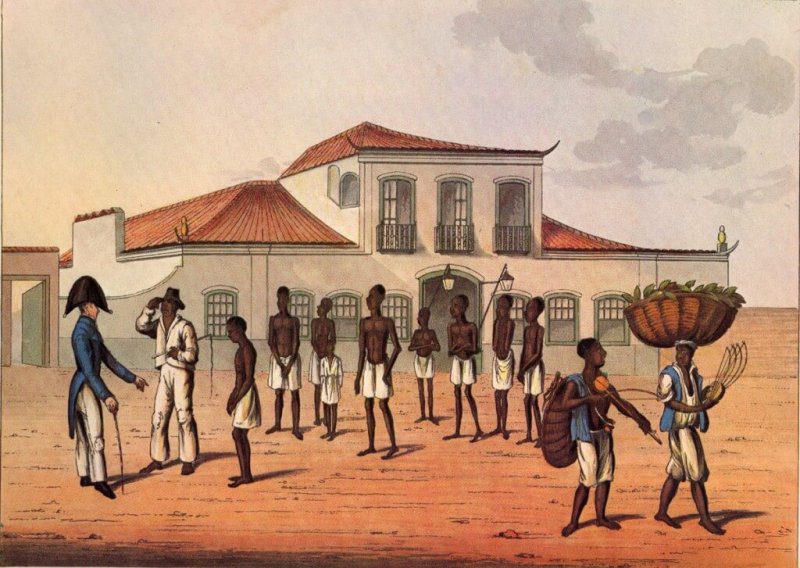If you walked the cobblestone streets and bustling markets of 16th and 17th century Mexico City, you would see people born all over the world.
…
Historical documents describe this cultural mixture, but now international teams of researchers are enriching our view by analyzing the genomes of people today.
…
[W]hen [researcher Juan Estaban Rodríguez] searched a database of 500 Mexican genomes—initially assembled for biomedical studies—and sought genetic variants more common in Asian populations, he found a surprise.…
Rodríguez discovered that about one-third of the people sampled in Guerrero, the Pacific coastal state that lies nearly 2000 kilometers south of the U.S. border, also had up to 10% Asian ancestry, significantly more than most Mexicans. And when he compared their genomes to those of people in Asia today, he found that they were most closely related to populations from the Philippines and Indonesia.
…
[D]uring the 16th and 17th centuries, Spanish galleons sailed between Manila and the port of Acapulco in Guerrero, carrying goods and people, including enslaved Asians. Although historians knew of this transpacific slave trade, the origins of its victims were lost. Once they landed in Mexico, they were all recorded as “chinos”—Chinese.…
“We’re uncovering these hidden stories of slavery and people who lost their identities when they disembarked in a whole new country,” [says Andrés Moreno-Estrada].
Read full, original post: Latin America’s lost histories revealed in modern DNA































